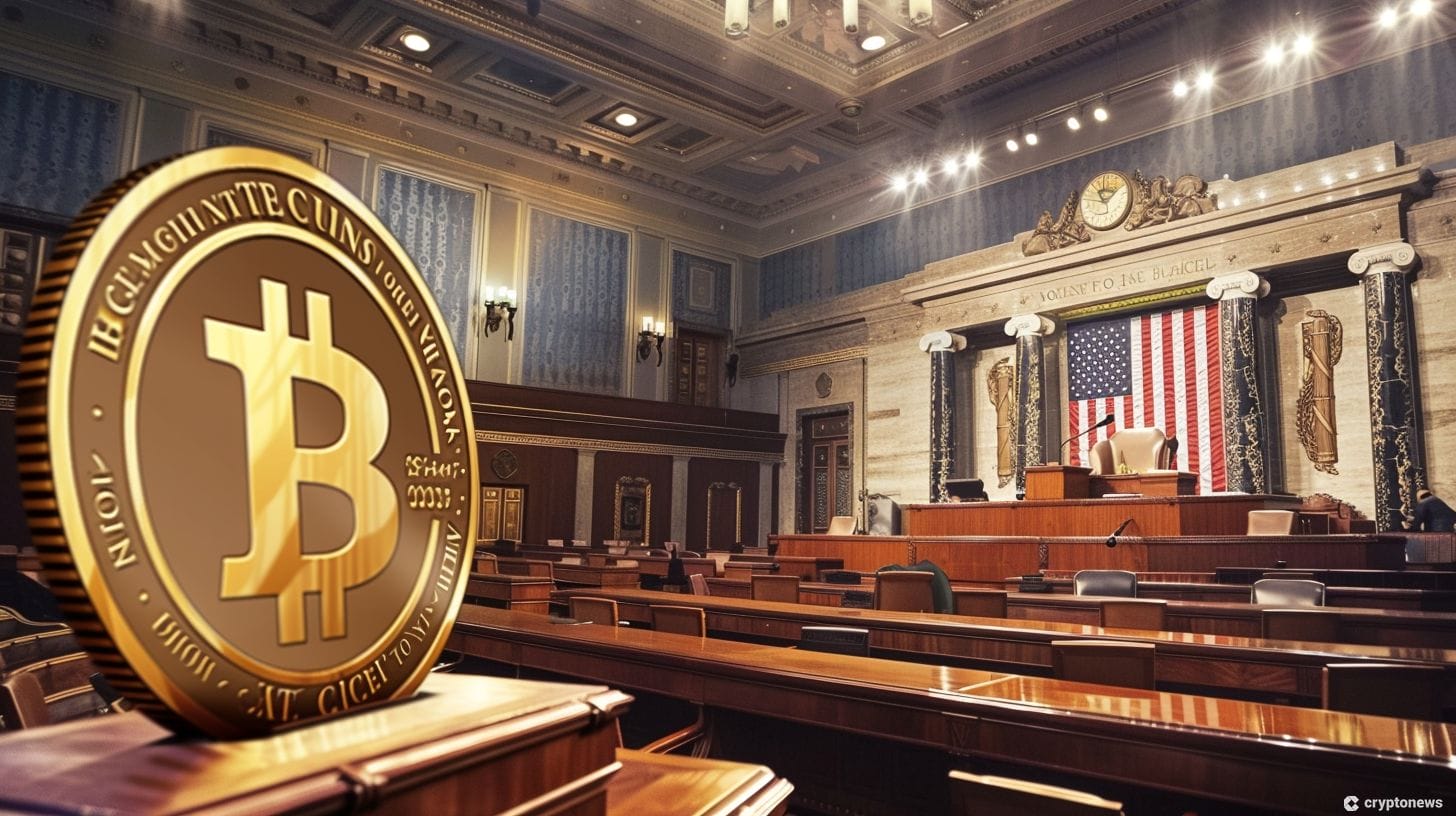Former U.S. Treasury official Graham Steele is facing criticism after expressing his doubts about the Financial Innovation and Technology for the 21st Century Act (FIT21) in a recent post on X. Steele’s comments were in response to a social media petition by Digital Innovation For America (DIFA) supporting the bill as a way to combat Big Tech with Blockchain technology. However, Steele pointed out that the bill actually creates a regulatory framework for crypto that is separate from securities laws and does not address issues related to Big Tech. This led to backlash from some members of the crypto community who feel that blockchain technology is a way to counter the centralized nature of traditional Big Tech companies.
The controversy surrounding Steele’s post comes at a time when the FDIC is in a state of upheaval, with Chair Martin Gruenberg announcing his resignation amidst allegations of sexual harassment, discrimination, and misconduct. The White House is expected to announce Gruenberg’s replacement soon, with Steele rumored to be a possible candidate for the position. The FDIC has previously raised concerns about the risks associated with crypto-assets for banking organizations, making the upcoming vote on FIT21 all the more crucial in establishing a regulatory framework for digital asset operators in the United States.
As the House prepares for a vote on FIT21, the bill has garnered support from industry leaders in the crypto space who believe that it will provide increased freedom for digital asset operators and help establish a more robust regulatory framework. The bill, which is scheduled for a vote on Wednesday, aims to create a light-touch regulatory framework for crypto that is separate from traditional securities laws. Despite the controversy surrounding Steele’s comments, there is optimism within the crypto community about the potential impact of FIT21 in promoting innovation and protecting the interests of digital asset operators.
Steele’s critique of DIFA’s petition and FIT21 has sparked a debate within the crypto community about the role of blockchain technology in countering the influence of Big Tech companies. Some users have criticized Steele for not understanding the benefits of blockchain technology and its potential to empower consumers. Others have argued that decentralized crypto poses a threat to Big Tech’s centralized networks and that FIT21 is a step in the right direction to fight against their dominance. The response to Steele’s comments highlights the complexity of the issues at hand and the differing perspectives within the crypto community on how best to regulate the industry.
Overall, the upcoming vote on FIT21 and the controversy surrounding Steele’s comments underscore the importance of establishing clear regulatory frameworks for the crypto industry. With increasing interest and investment in digital assets, policymakers and industry leaders must work together to create a balanced approach that promotes innovation while protecting consumers and addressing potential risks. As the debate continues, it is essential to consider the diverse viewpoints within the crypto community and work towards solutions that benefit all stakeholders involved in this rapidly evolving industry.











